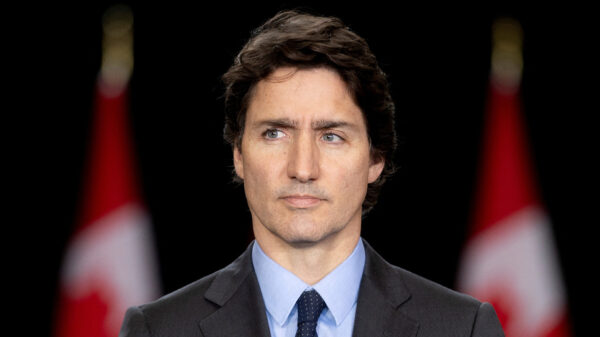
Currently, betting companies pay 7.5 percent of their gaming total revenue, gaming companies, 12 percent of the revenue, lotteries, 5 percent of their total turnover and prize competitions, 15 percent of their gross turnover/FILE
NAIROBI, Kenya, Mar 31 – Betting and gaming companies are likely to pay close to 70 percent in taxes if proposals contained in the budget to slap an increase of tax to 50 percent is implemented.
Tax Partner at PwC Steve Okello has termed the move as harsh to the nascent industry likely to adversely impact on the growth.
This is because apart from the gaming taxes made by these company, there is an extra 30 percent corporation tax on net income.
“I feel that the change is unfair because it’s in a way discriminatory, you know one industry is being picked out and heavily charged, while other industries are paying relatively lower taxes. Morally someone may try to question the sector, but the question one would ask is why this extreme discriminatory treatment,” Okello said on Friday during the post-budget briefing.
Currently, betting companies pay 7.5 percent of their gaming total revenue, gaming companies, 12 percent of the revenue, lotteries, 5 percent of their total turnover and prize competitions, 15 percent of their gross turnover.
All these now will be subjected to a uniform tax of 50 percent plus a corporation tax of 30 percent of net income.
In addition, Okello argues that since winners are not being taxed, the proposal will do little to curtail gambling habits.
“The way the tax is structured is that it is paid by the company, not you. Even if you get any winning, the jackpots you see every day on newspapers and TV, you are not paying anything. So if the gambler is not being impacted he will continue gambling. The proposed impact the CS was trying to achieve might not necessarily happen,” Okello explained.
Senior Tax Partner Rajesh Shah added that the move will may also affect the amounts of jackpot set by companies adding that it may be hard for them to sustain high winnings as they try to absorb the shock.
“If the tax on alcohol is too high, people then go and drink things which are not hygienic. So the danger here could be that if people want to gamble, they might gamble in a way that is not good for them or the country, “ Shah noted.
He is however optimistic that there will be an amicable solution for win- win situation before passing of the Finance Act which allows the implementation of the set policies as well as the budget.

































